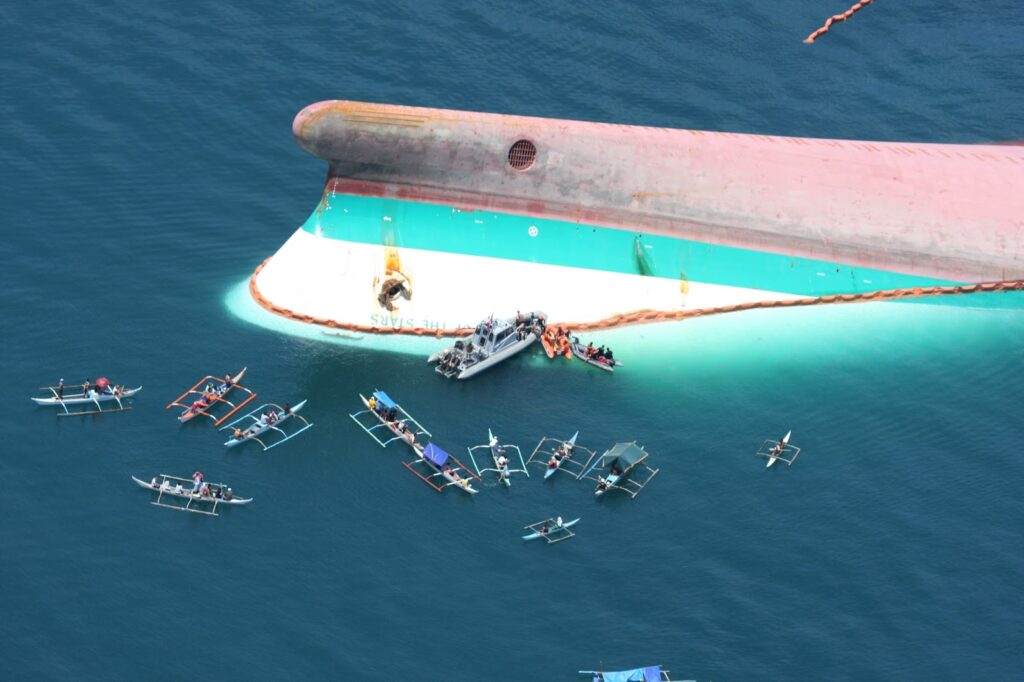Court docket Rejects Enchantment to Halt Mining Operations in Sibuyan
The continued battle over mining operations in Sibuyan, Romblon, has taken one other flip because the court docket just lately rejected an attraction to halt the controversial mission. Environmental activists and native communities have been combating to guard the island’s wealthy biodiversity, however the newest authorized choice has dealt a major blow to their efforts. This ruling raises vital questions in regards to the stability between financial improvement and environmental conservation.
The Authorized Battle Over Sibuyan Mining
For years, Sibuyan Island has been on the heart of a heated debate between mining corporations and environmental advocates. Often called the “Galapagos of Asia” as a consequence of its distinctive ecosystems, the island is house to quite a few endemic species and plush forests. Nevertheless, beneath its floor lies precious mineral deposits which have attracted mining pursuits.
Latest Court docket Determination
The newest court docket ruling dismissed an attraction filed by environmental teams in search of to cease mining operations within the space. The court docket acknowledged that the mining firm had complied with needed rules and that there was inadequate proof to justify an instantaneous halt. This choice has sparked outrage amongst conservationists, who argue that the long-term environmental injury outweighs any financial advantages.
- Key Arguments from Environmental Teams:
- Irreversible injury to Sibuyan’s biodiversity
- Threats to water sources and marine life
- Violation of indigenous land rights
- Mining Firm’s Protection:
- Authorized permits and environmental compliance
- Job creation and financial development for locals
- Dedication to “accountable mining” practices
Environmental Affect of Mining in Sibuyan
Sibuyan Island is without doubt one of the most ecologically important areas within the Philippines. Its dense forests and pristine waters are house to uncommon species, together with the critically endangered Sibuyan bleeding-heart dove and the Philippine tube-nosed fruit bat. Mining actions pose a direct menace to those habitats, resulting in deforestation, soil erosion, and water air pollution.
Potential Penalties
- Deforestation: Clearing land for mining destroys vital habitats.
- Water Contamination: Chemical substances from mining can seep into rivers and coastal areas.
- Lack of Biodiversity: Endemic species might face extinction as a consequence of habitat destruction.
Native Group Reactions
The court docket’s choice has left many residents deeply involved. Whereas some assist the mining operations for the roles they supply, others concern the irreversible injury to their lifestyle. Indigenous communities, specifically, have voiced robust opposition, citing the destruction of sacred lands and pure assets.
Voices from the Floor
- Professional-Mining Residents: Argue that the mission brings much-needed employment and infrastructure.
- Anti-Mining Advocates: Declare that short-term financial features are usually not price long-term ecological destruction.
What’s Subsequent for Sibuyan?
Regardless of the court docket’s ruling, environmental teams are usually not backing down. Plans for additional authorized challenges and nationwide protests are already underway. In the meantime, the mining firm has pledged to proceed with operations whereas adhering to environmental safeguards—although skeptics stay uncertain.
Potential Future Eventualities
- Continued Authorized Battles: Activists might escalate the case to greater courts.
- Elevated Public Strain: Protests and media campaigns might affect coverage adjustments.
- Authorities Intervention: The nationwide authorities might step in to reassess mining permits.
Conclusion
The rejection of the attraction to halt mining in Sibuyan marks a pivotal second within the island’s environmental wrestle. Whereas the court docket has dominated in favor of the mining firm, the combat is way from over. As debates over sustainability and financial development proceed, the way forward for Sibuyan’s pristine ecosystems hangs within the stability. The world will likely be watching to see whether or not revenue or preservation finally prevails.


